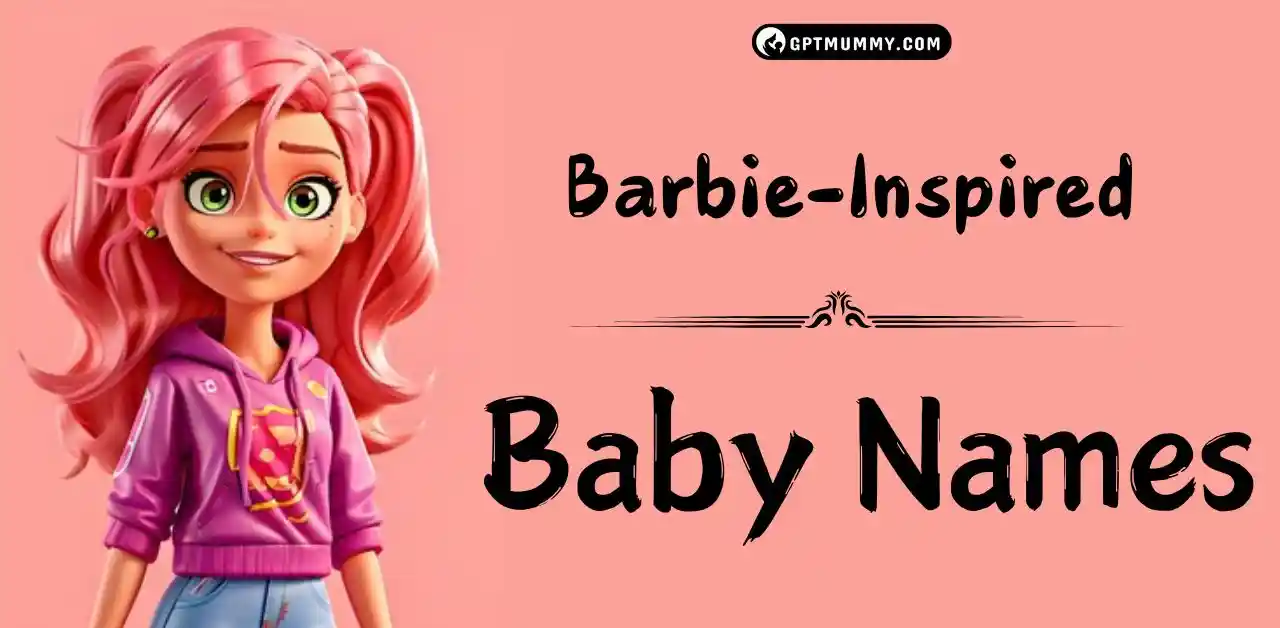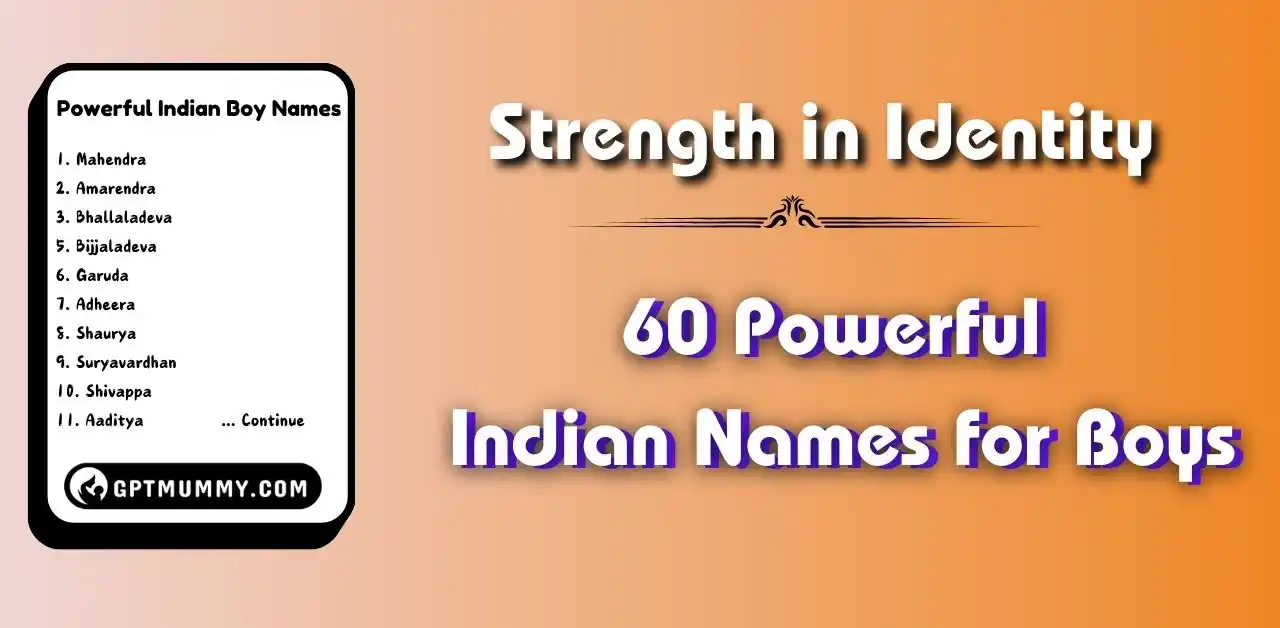Exploring the fascinating world of Jewish surnames is like taking a journey through history, culture, and identity. Each name carries its own unique story, often reflecting a family’s origins, occupations, or notable characteristics. From the prestigious lineage of the Kohanim to the beautiful meanings behind names like “Goldberg” and “Weiss,” these surnames offer a glimpse into the rich tapestry of Jewish heritage. Whether you’re delving into your own ancestry or simply interested in the cultural significance of these names, there’s much to discover.
In this list, we present 50 of the most common Jewish last names, each with its own special significance and background. These names not only highlight the diversity within Jewish communities but also celebrate the enduring legacies that continue to shape identities today. So, join us as we explore these meaningful names that connect generations and tell stories of resilience, tradition, and belonging!
50 Most Common Jewish Last Names (Surnames) With Meanings

1. Cohen
The surname Cohen is derived from the Hebrew word for “priest.” It denotes a descendant of the ancient priestly class, known as the Kohanim, and holds significant religious importance in Jewish tradition.
2. Levy
Levy, or Levi, refers to the tribe of Levi, which was one of the twelve tribes of Israel. Members of this tribe have historically been associated with religious duties, including serving in the Temple.
3. Goldberg
Goldberg translates to “gold mountain” in Yiddish and is a common surname in Ashkenazi Jewish communities. It is often associated with Jewish merchants or families who engaged in trade.
4. Friedman
This surname means “man of peace” in Yiddish. It is a widespread surname among Jews and can also be found in various forms, such as “Friedmann” or “Friedman.”
5. Rosenberg
Rosenberg means “mountain of roses” in German and is a common surname among Ashkenazi Jews. It often indicates a family’s origin from a specific geographic area.
6. Katz
An acronym for “Kohen Tzedek,” meaning “priest of justice,” Katz signifies descent from the priestly class. It is common among Jewish communities in Europe and the Americas.
7. Kaplan
Kaplan is derived from the Hebrew word “kohen,” meaning “priest.” It often indicates descent from a priestly lineage and is prevalent in various Jewish communities.
8. Greenberg
Greenberg translates to “green mountain” in German and Yiddish. This surname often signifies geographic origins and is commonly found among Ashkenazi Jews.
9. Stein
Stein means “stone” in German. It is a prevalent surname among Ashkenazi Jews and often refers to someone who lived near a notable stone or rock formation.
10. Weiss
Weiss means “white” in German and Yiddish. This surname can indicate a family’s association with purity or nobility and is commonly found in Ashkenazi Jewish communities.
11. Rubin
Rubin means “ruby” in Hebrew and is often associated with families that might have had a connection to gemstones or trading.
12. Silverman
This surname means “man of silver” in Yiddish, indicating a possible trade in silver or precious metals.
13. Schwartz
Schwartz translates to “black” in German. It can denote dark features or geographic origins and is commonly found among Ashkenazi Jews.
Quick Facts
Throughout history, especially in the 18th and 19th centuries, many Jewish families were required to adopt last names due to legal mandates. In some regions, authorities insisted that Jews take on surnames to simplify administration. As a result, many families chose names that represented their occupations, physical traits, or geographical origins.
14. Goldstein
Goldstein means “gold stone” in Yiddish and typically refers to families involved in trading or crafting gold.
15. Rosen
Rosen translates to “rose” in German and Yiddish, often indicating a family connection to a place where roses were cultivated.
16. Shapiro
Shapiro is derived from the Hebrew word “shapira,” which refers to a city in Israel. It is common among Ashkenazi Jews.
17. Klein
Klein means “small” in German and is often used to denote a person’s stature or a family’s small estate.
18. Weinberg
Weinberg translates to “vineyard” in German, often indicating a family’s historical connection to viticulture or agriculture.
19. Hoffman
Hoffman means “steward” or “farmer” in German. It is a common surname among Ashkenazi Jews, often indicating a family’s occupation.
20. Edelman
Edelman translates to “noble man” in Yiddish, often indicating a family’s elevated social status or aspirations.
21. Weissman
This surname means “white man” in Yiddish and is a variation of Weiss, indicating nobility or purity.
22. Rosenfeld
Rosenfeld translates to “rose field” in German, typically signifying a family’s connection to floral cultivation or a specific location.
23. Bernstein
Bernstein means “amber stone” in German and often indicates a family’s historical trade in precious stones.
24. Siegel
Siegel translates to “seal” in German and can refer to a family’s historical connection to official documents or legal matters.
25. Adler
Adler means “eagle” in German, often signifying strength or nobility.
26. Berger
Berger means “mountain dweller” in German, indicating geographic origins and is common among Ashkenazi Jews.
27. Gold
Gold means “gold” in German and Yiddish, often signifying a family’s involvement in goldsmithing or trading.
28. Abramowitz
This surname means “son of Abraham” in Yiddish and indicates Jewish heritage, often associated with a family’s origins.
29. Lieberman
Lieberman translates to “beloved man” in Yiddish, often indicating affection or esteem within the family.
30. Grossman
Grossman means “large man” in Yiddish and often indicates a family’s significant stature or presence in the community.
Quick Fact:
During difficult times, some Jewish families changed their names to blend in or avoid persecution, leading to different spellings or versions of names.
31. Rosenblatt
This surname translates to “rose leaf” in German and often indicates a connection to a family’s geographic origins or floral associations.
32. Meyers
Meyers is derived from the German word for “farmer” and can indicate a family’s historical occupation.
33. Bloom
Bloom translates to “flower” in English and can indicate a family’s connection to nature or gardening.
34. Mandel
Mandel means “almond” in Yiddish and can refer to a family’s agricultural background or connections.
35. Stern
Stern means “star” in German and can signify brightness or prominence within the community.
36. Braun
Braun translates to “brown” in German, often indicating a family’s hair color or geographic origins.
37. Finkelstein
Finkelstein means “sparkling stone” in Yiddish, often associated with a family’s trade in precious stones or jewelry.
38. Goldfarb
This surname translates to “golden color” in Yiddish, often indicating a family’s historical connections to goldsmithing or wealth.
39. Horowitz
Horowitz is derived from the name of a town in the Czech Republic, indicating a family’s geographic origins.
40. Feldman
Feldman means “field man” in German, often indicating a family’s agricultural background.
41. Silver
Silver translates to the metal in English and is often associated with a family’s wealth or trade in precious metals.
42. Hirsch
Hirsch means “deer” in German, often symbolizing grace and beauty.
43. Brody
Brody is derived from a city in Ukraine and often indicates geographic origins.
44. Lazarus
Lazarus means “God has helped” in Hebrew, often associated with families of religious significance.
45. Steinberg
Steinberg translates to “stone mountain” in German, often indicating geographic origins.
46. Perlman
Perlman means “pearl man” in Yiddish, indicating a possible connection to trade in precious gems.
47. Braunstein
Braunstein translates to “brown stone” in German and can denote a family’s geographic origins.
48. Blum
Blum means “flower” in German and Yiddish, indicating a family’s connection to floral cultivation.
49. Gross
Gross means “large” in German, often indicating a family’s stature or prominence in the community.
50. Rubinstein
Rubinstein translates to “ruby stone” in Yiddish and often indicates a family’s historical trade in precious stones.



